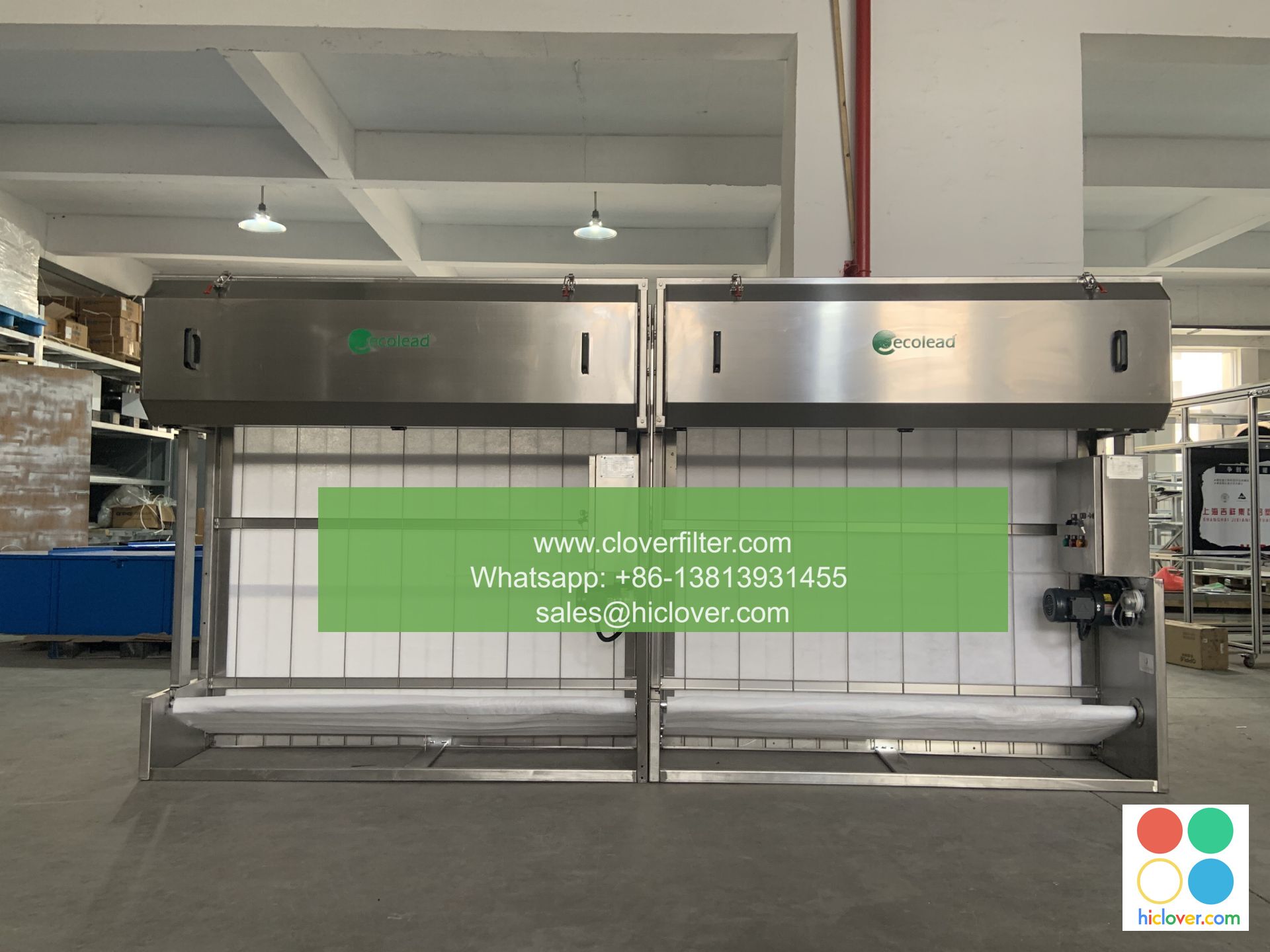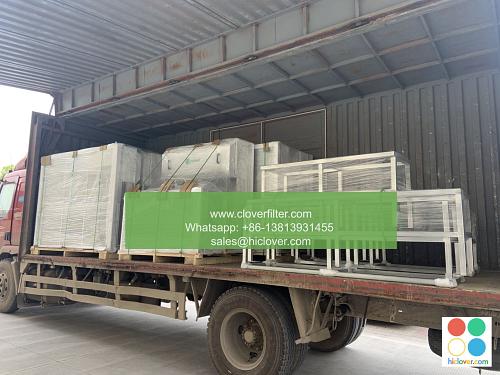Automatic Roll Air Filters: A Key Component in Hamilton Steel Plant’s Sustainability Strategy

Hamilton Steel Plant, a leading steel manufacturing facility, has been at the forefront of implementing sustainable practices in its operations. One key component of its sustainability strategy is the use of automatic roll air filters. These filters have revolutionized the way the plant manages its air quality, reducing emissions and minimizing environmental impact. In this article, we will explore the importance of automatic roll air filters in Hamilton Steel Plant’s sustainability strategy and how they contribute to a cleaner and healthier environment.
Automatic roll air filters are designed to capture dust and other particulate matter from the air, preventing them from being released into the atmosphere. These filters are made of a continuous roll of filter media that is automatically advanced as it becomes dirty, ensuring a consistent level of air quality. The use of automatic roll air filters has several benefits, including reduced maintenance costs, improved air quality, and increased energy efficiency. At Hamilton Steel Plant, these filters are used to capture dust and other particulate matter generated during the steel manufacturing process, preventing them from being released into the air.
The steel manufacturing process involves several stages, including melting, casting, and rolling. Each stage generates significant amounts of dust and other particulate matter, which can be harmful to the environment and human health if not properly managed. Automatic roll air filters play a crucial role in capturing these particles, preventing them from being released into the air. By using these filters, Hamilton Steel Plant is able to minimize its environmental impact, reducing emissions and preventing air pollution.
In addition to reducing emissions, automatic roll air filters also contribute to energy efficiency at Hamilton Steel Plant. By capturing dust and other particulate matter, these filters help to reduce the load on the plant’s ventilation system, resulting in significant energy savings. This is because the ventilation system does not have to work as hard to remove particulate matter from the air, resulting in lower energy consumption. The use of automatic roll air filters has also improved the overall air quality at the plant, creating a healthier and safer working environment for employees.
Hamilton Steel Plant’s commitment to sustainability is evident in its adoption of automatic roll air filters. The plant has implemented a comprehensive sustainability strategy that includes reducing energy consumption, minimizing waste, and promoting environmental stewardship. The use of automatic roll air filters is a key component of this strategy, demonstrating the plant’s commitment to reducing its environmental impact. By investing in this technology, Hamilton Steel Plant is able to minimize its emissions, reduce energy consumption, and promote a cleaner and healthier environment.
The benefits of automatic roll air filters are not limited to Hamilton Steel Plant. These filters can be used in a variety of industrial applications, including mining, construction, and manufacturing. Any facility that generates significant amounts of dust or other particulate matter can benefit from the use of automatic roll air filters. By capturing these particles, facilities can reduce their environmental impact, improve air quality, and promote a healthier and safer working environment.
In conclusion, automatic roll air filters are a key component in Hamilton Steel Plant’s sustainability strategy. These filters have revolutionized the way the plant manages its air quality, reducing emissions and minimizing environmental impact. By capturing dust and other particulate matter, automatic roll air filters contribute to energy efficiency, improved air quality, and a healthier and safer working environment. As industries continue to seek ways to reduce their environmental impact, the use of automatic roll air filters is an important consideration.
Conclusion
The use of automatic roll air filters at Hamilton Steel Plant is a testament to the plant’s commitment to sustainability. By investing in this technology, the plant is able to minimize its emissions, reduce energy consumption, and promote a cleaner and healthier environment. As the demand for sustainable practices continues to grow, the use of automatic roll air filters is likely to become increasingly important in a variety of industrial applications.
FAQs
Q: What are automatic roll air filters and how do they work?
A: Automatic roll air filters are designed to capture dust and other particulate matter from the air. They consist of a continuous roll of filter media that is automatically advanced as it becomes dirty, ensuring a consistent level of air quality.
Q: What are the benefits of using automatic roll air filters?
A: The benefits of using automatic roll air filters include reduced maintenance costs, improved air quality, and increased energy efficiency. They also contribute to a healthier and safer working environment.
Q: Can automatic roll air filters be used in other industrial applications?
A: Yes, automatic roll air filters can be used in a variety of industrial applications, including mining, construction, and manufacturing. Any facility that generates significant amounts of dust or other particulate matter can benefit from the use of automatic roll air filters.
Q: How do automatic roll air filters contribute to sustainability?
A: Automatic roll air filters contribute to sustainability by reducing emissions, minimizing environmental impact, and promoting energy efficiency. They are an important component of a comprehensive sustainability strategy.

